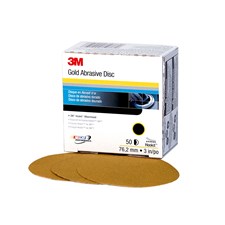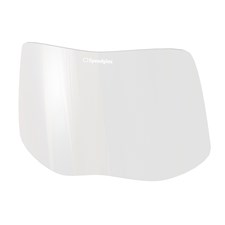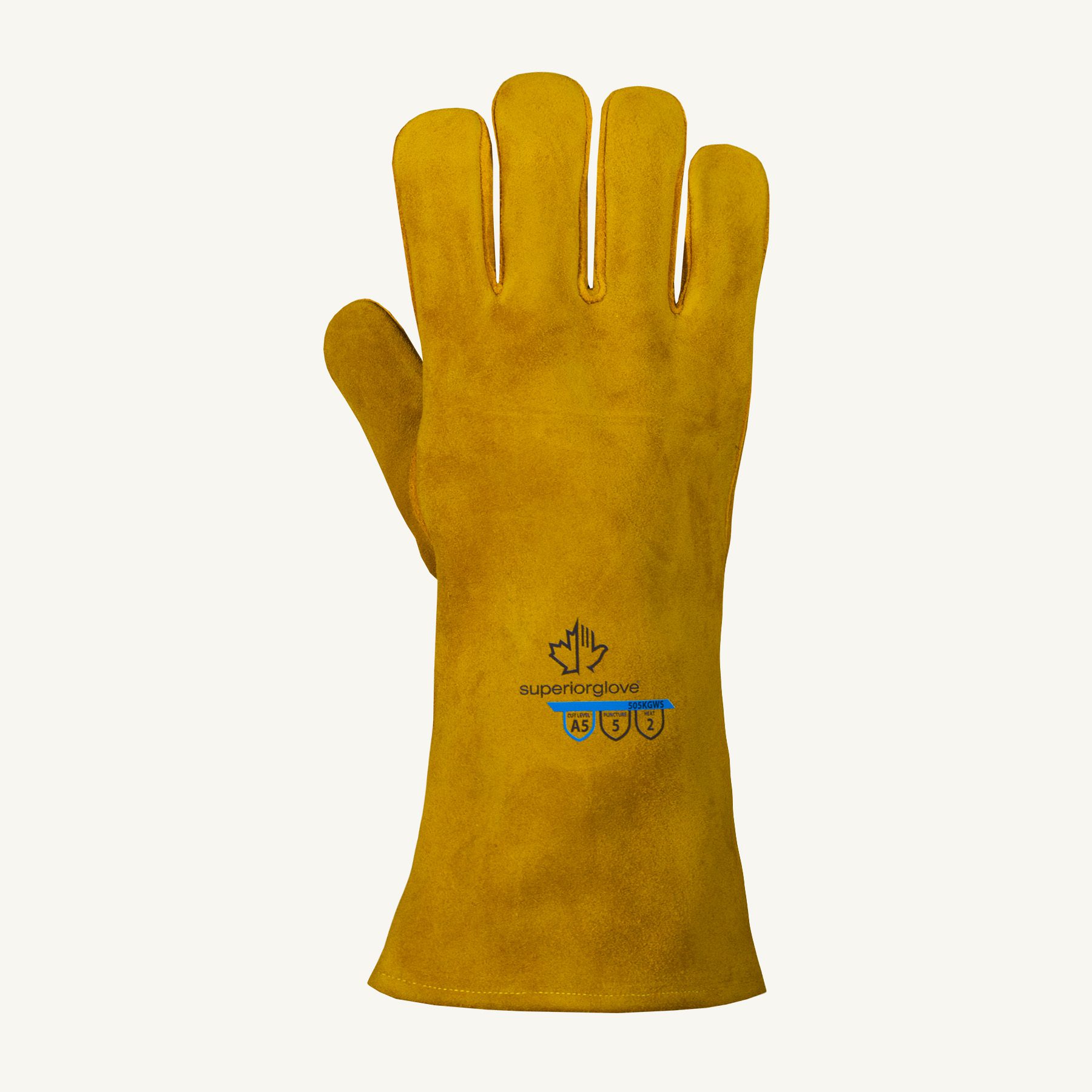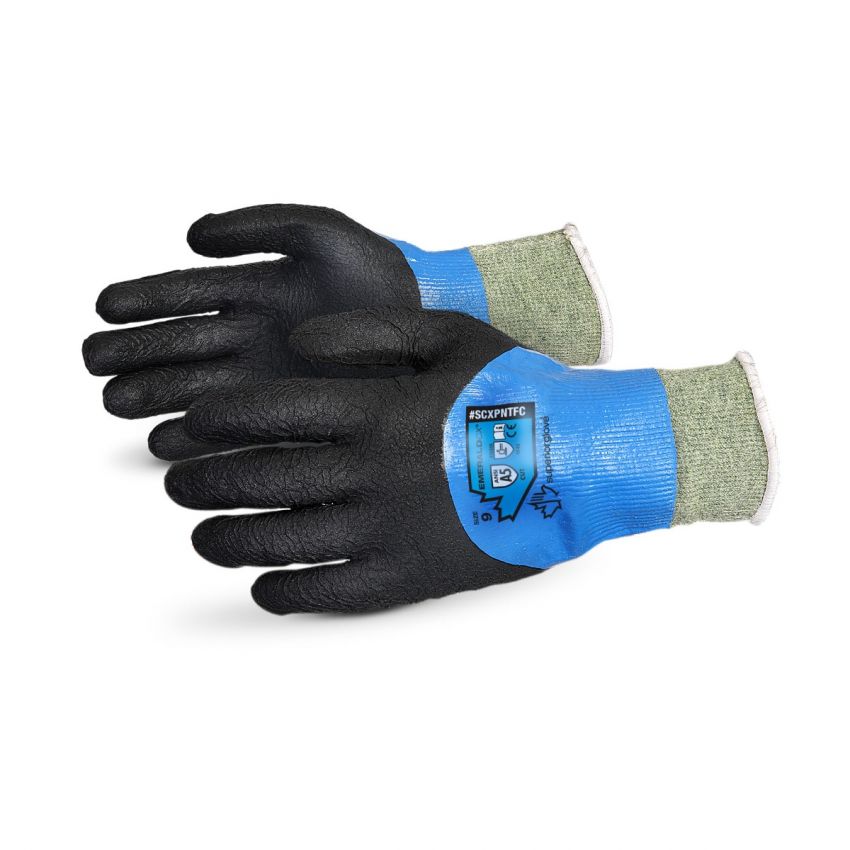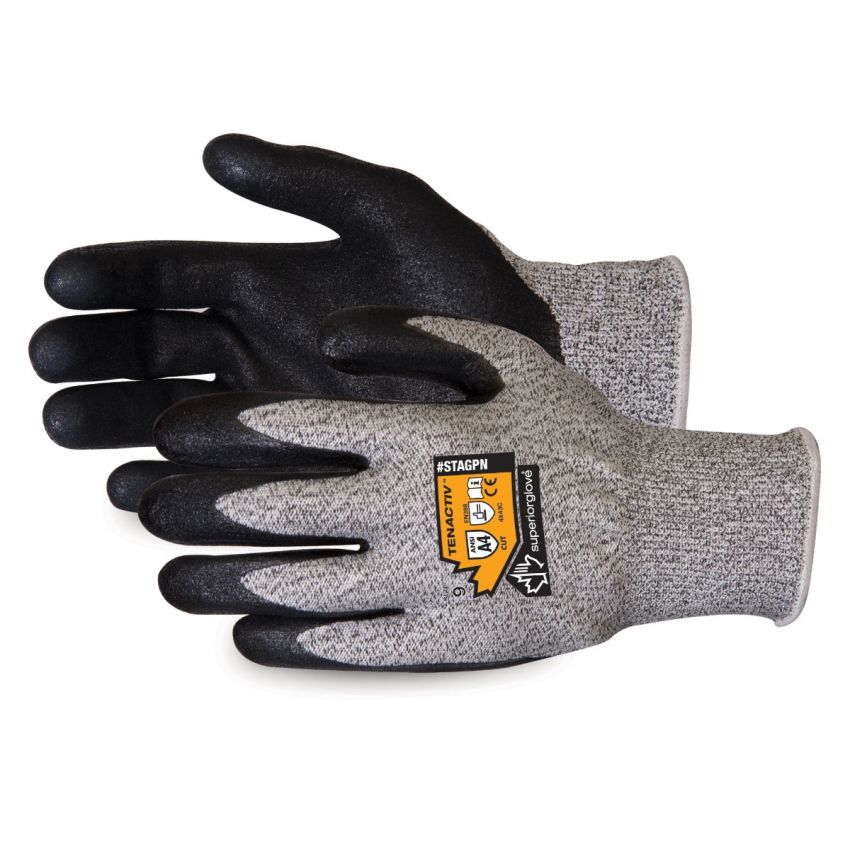3M™ Chemical Protective Coverall 4570, XL, 12 ea per case
-1
3M™ Chemical Protective Coverall 4570, XL, 12 ea per case

Product Benefits
- Protective coverall helps protect against a range of chemical jets and sprays
- Heavy-duty fabric with a soft anti-static treated inner layer offers protection and convenience
- Stitched seams are sealed with a 5-layer chemically protective tape
- Two storm flaps create a double seal for extra protection
- Large thumb loops and zipper pulls offer convenience while wearing gloves
More Product Details
3M™ Protective Coverall 4570 offers chemical hold out and mechanical strength for workers in environments with chemical exposure. The suit helps protect against hazardous dusts (Type 5), light liquid splashes (Type 6), low pressure liquid sprays (Type 4) and high pressure liquid jets (Type 3). It is also certified to offer protection against radioactive particles (EN 1073 2) and (EN 14126). This suit achieves the highest class performance on all tests in EN 14126 and passes ASTM F1670 and F1671 for helping to protect against biological contaminants.
A Versatile Protective Suit for many Applications*
3M™ Protective Coveralls are designed for use in industrial workplaces as a physical barrier to help prevent skin contact from liquid splashes and dust in certain work environments. The 3M™ Protective Coverall 4570 is typically used for the following applications:
• Chemical mixing and handling • Chemical / oil spills and clean up • Metal Refining • Metal Etching • Hazardous Waste Remediation • Decontamination / Site Decommissioning • Tank Cleaning • Infective agents / Biological Hazards • Handling Toxic Powders
*PPE selection should be: based on risk assessment by a competent person; with knowledgeable of the working conditions; with knowledge of the limitations of PPE. Customers should contact a safety professional if in doubt.
High Performance Fabric
3M Protective Coverall 4570 uses a 92gsm heavy duty material blending a soft anti static treated inner layer of spun bond fibers with multiple outer layers of a high performance polyethylene laminate to offer liquid protection. The fabric is a soft material that helps reduce the amount of distracting noise caused by movement.
Innovative Seam Technology
To reduce entry points for contaminants, seams are first stitched to offer increased strength. Then the seams are overtaped with a clear heat applied 5 layer chemically protective tape as a barrier to hazardous dusts and high pressure liquid jets. The co extruded clear tape offers a discreet appearance while offering protection.
Additional Protective and Convenience Features
This personal protection equipment suit offers numerous features for worker protection and convenience. It comes with a three panel hood design with a chin flap for a better fit. Two stormflaps combined with double color coded zips create a double seal for added protection. Thumb loops deliver a secure fit during overhead work. Large ring pulls give workers more control when opening and closing zippers while wearing gloves. An elastic waist is adhered with glue to minimize potential entry points of contaminants. Elasticated wrists and ankles enhance natural movement.
When Personal Protective Equipment (PPE) is Necessary
The US Occupational Safety and Health Administration (OSHA) Personal Protective Equipment Standard (29 CFR 1910.132) requires employers to conduct a worksite assessment to determine if hazards are present, or are likely to be present, which necessitate the use of personal protective equipment (PPE). When conducting an assessment to determine whether PPE is needed to help prevent skin contact from liquids, there are many factors to consider. Workers handling, dispensing, using, and transporting liquid materials may need skin coverage. The worksite assessment should evaluate each task taking into account such things as whether skin contact may occur, whether it is continuous or intermittent, the nature of the contact (i.e. immersion, pressurized or non pressurized spray, splash, surface contact, etc), accidental or intentional contact, and duration of the exposure and whether the contaminant can be absorbed through the skin.



